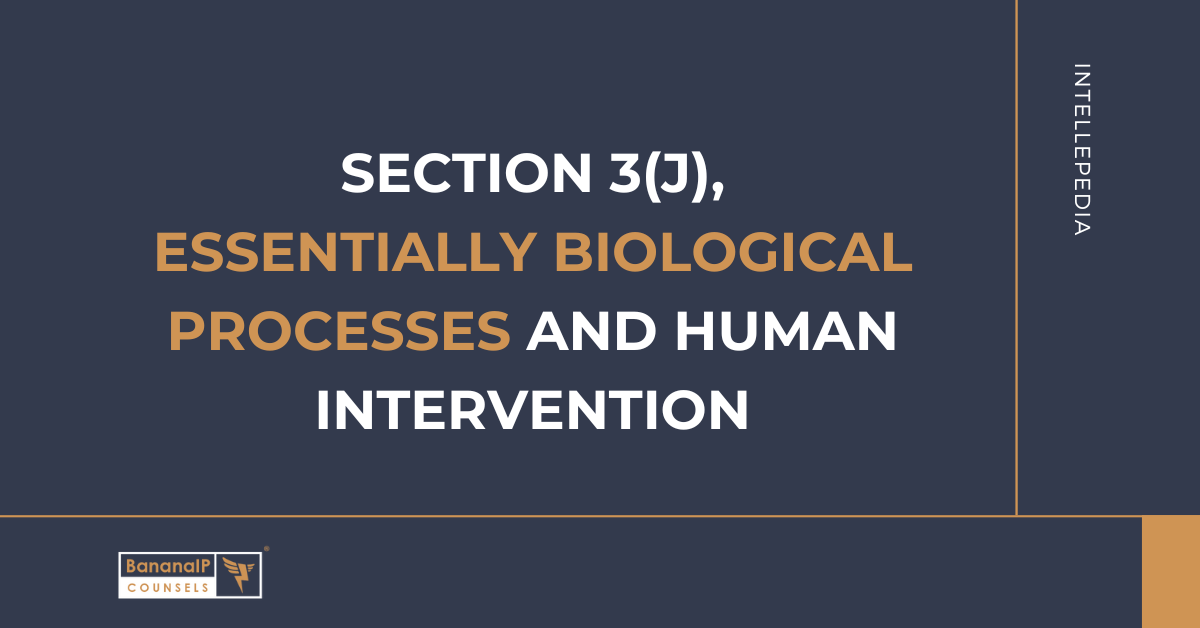The Madras High Court in a recent case was called upon to decide an appeal against refusal of a patent under section 3(j). Sakata Seed Corporation (“Sakata” or “Applicant”), a Japanese entity filed a patent application before the Indian patent office bearing number 1221/CHENP/2015 on February 27, 2015. The application titled “Eustoma having Cytoplasmic Male Sterility and method for producing said Eustoma” was refused by the patent office under section 3(j) on October 10, 2022, on the ground that the claims were drawn to an essentially biological process (back-crossing) for production and propagation of plants, and methods deploying said biological process. Aggrieved by this decision, the Applicant approached the Madras High Court.
Sakata’s arguments
The Applicant argued that the Controller had failed to see that the claim made by Sakata was clearly not a biological process and involved human interventions at relevant points of time which gave surprising results, and it was this method that was sought to be patented. The Applicant in its written submissions post-hearing submitted that the invention claimed a method comprising a process of artificially creating a new combination (i) the nuclear genome of a cultivated Eustoma species such as Eustoma grandiflorum and (ii) the cytoplasmic genome of a wild Eustoma plant by cytoplasmic replacement technology using successive backcrossing. This process did not occur naturally and required absolute human intervention. In fact, no cytoplasmic male sterile plants of the genus Eustoma were reported to have ever been found in nature. The Applicant reiterated this argument before the Court.
The Applicant also relied on the definition of “essentially biological process” as provided by the European Patent Office to argue that back-crossing cannot occur as a natural phenomenon and would require human intervention.
Court’s Observation and Analysis
The Court observed that the only ground on which the invention was rejected was that the invention was essentially a biological process. The court concurred with the Applicant’s submissions regarding the definition of “essentially biological process” as defined by the European Patent Conventions, Rule 26(5). The court noted that the rule clearly defines “essentially biological process” as an instance where the process is for the production of plants and animals and it consists of entirely a natural phenomenon. The court also took note of the fact that the Applicant had clearly established that the claimed method included screening and checking of the hybrid seeds and its characteristics clearly moving it away from the realm of natural phenomenon.
Conclusion
Based on the arguments advanced by the Applicant and its own observations, the Court concluded that despite taking up the argument that there was human intervention, the Controller did not provide sufficient reasoning on how the human intervention claimed by the Applicant was insufficient to exclude the invention from the scope of section 3(j). The matter was therefore remanded to the Patent office for fresh consideration and early disposal.
Citation: Sakata Seed Corporation v. The Controller of Patents and Designs, CMA (PT) No.30 of 2023, Madras High Court, Decided on 19th July 2024. Available on https://indiankanoon.org/doc/120226604/
Authored by Gaurav Mishra, BananaIP Counsels
Disclaimer
The case note/s in this blog post have been written by IP Attorneys at BananaIP Counsels based on their review and understanding of the Judgments. It may be noted that other IP attorneys and experts in the field may have different opinions about the cases or arrive at different conclusions therefrom. It is advisable to read the Judgments before making any decisions based on the case notes.
If you have any questions, or if you wish to speak with an IP expert/attorney, please reach us at: contact@bananaip.com or 91-80-26860414/24/34.



